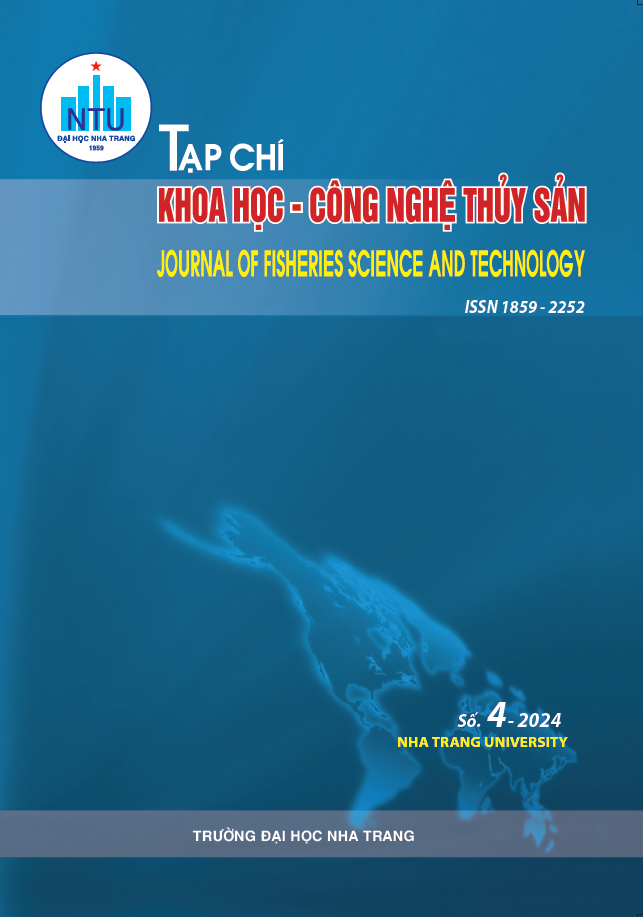##plugins.themes.huaf_theme.article.main##
Abstract
The super-intensive shrimp farming system has been widely applied in the provinces of the Mekong Delta and brings high economic value to the region. However, the super-intensive shrimp farming system has a high energy demand during operation and generates a large amount of waste into the environment. In this study, the energy consumption and environmental problems of super-intensive shrimp farming were evaluated. Then, a closed ecological system for super-intensive shrimp farming aiming at nutrient circulation and energy saving was proposed. The results showed that the energy productivity, specific energy, and net energy of traditional super-intensive shrimp production were 0.19 kg/MJ, 5.58 MJ/kg, and 1,206,133 MJ/ha, respectively. Meanwhile, the energy efficiency of the super-intensive shrimp farming model following the closed ecological direction was 2-3 times higher than the traditional shrimp farming system. Specifically, the energy efficiency of 26.54 time observed in this study shows the energy generated per product. The energy yield, specific energy, and net energy of integrated super-intensive shrimp production were 26.45 kg/MJ, 0.04 MJ/kg, and 11,294,813 MJ/ha, respectively.
Keywords: closed ecological system, Mekong Delta, nutrient circulation, wastewater treatment, green energy development

